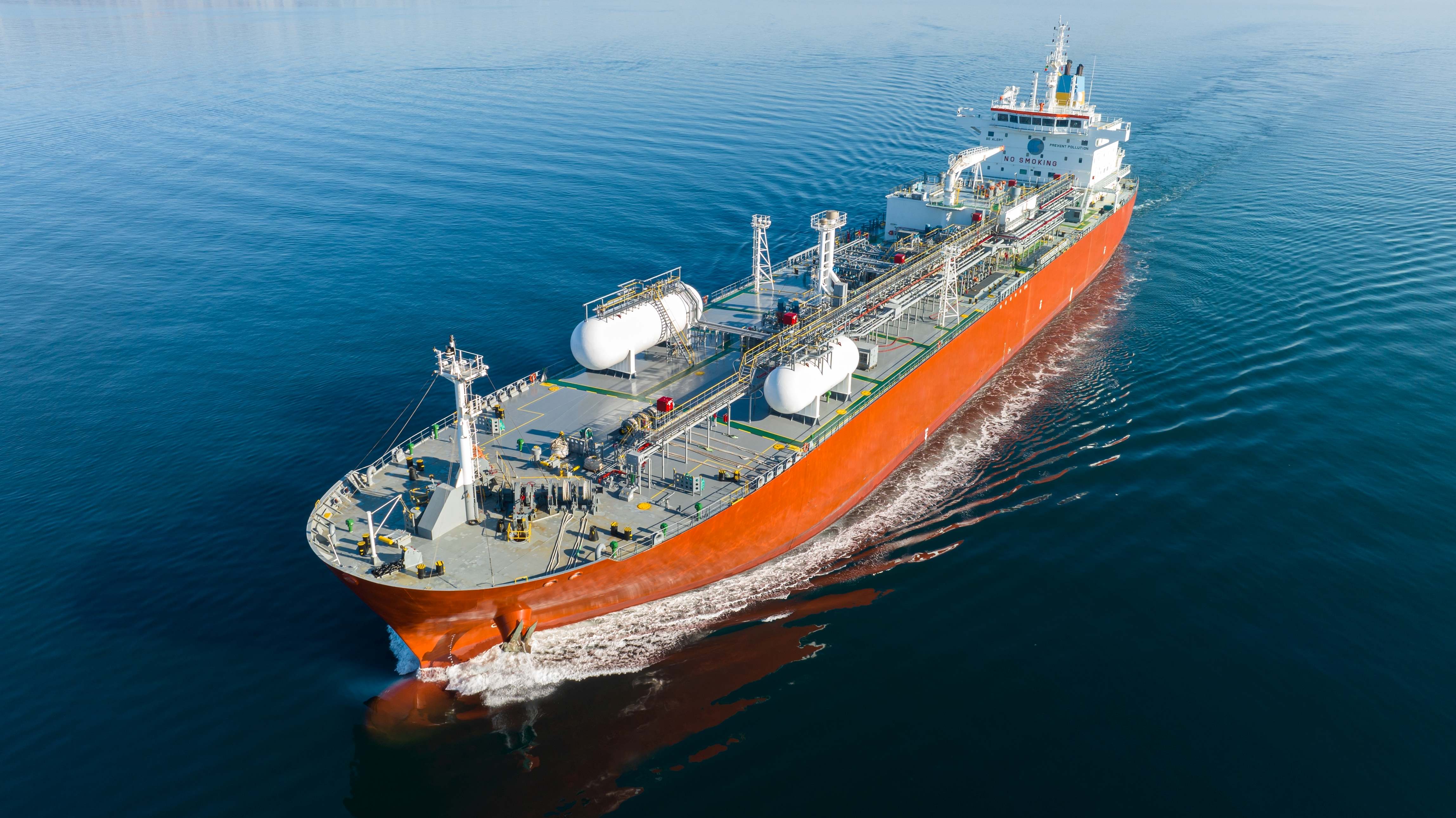An eve of Sulphur 2020 message from ICS
On the eve of the implementation of the UN International Maritime Organization (IMO) Global Sulphur Cap – which requires most of the world’s commercial shipping to use fuels with a sulphur content of 0.5 percent or less, Guy Platten, Secretary General of the International Chamber of Shipping (ICS), has issued a message to the shipping industry and its regulators.
“The new IMO regime will be good for the environment and the health of coastal populations. ICS is confident that shipowners worldwide have done everything possible to prepare and ensure compliance. The requirement from 1 January for most ships to use low sulphur fuel is a change of a magnitude never attempted before on a global basis and it’s possible there may be teething problems when IMO 2020 first comes into effect.
Port State Control authorities will need to provide consistency and a common-sense approach to enforcement during the initial weeks of implementation, provided shipowners can demonstrate they have done everything in their power to comply.’
Guy Platten added:
The industry has been working hard to ensure that we are ready for 1st January, but we still have concerns over safety and the availability of compliant fuels in every port worldwide. This is a pressing issue. Shipowners rely on many other stakeholders in the marine fuel supply chain, particularly bunker suppliers and oil refiners, to ensure we are all able to fully comply with the new regulations. We need the supply side to fully contribute to a smooth changeover so that we do not have any incidents due to incompatible fuels and we can ensure safe operations for our seafarers.
Over the past 18 months, ICS has produced briefings and guidance documents for ship operators including its most recent update of its Guidelines for Compliance with the 2020 Global Sulphur Cap – which takes full account of recent decisions taken by IMO. This is available to download for free here.
Commenting on the readiness of the industry to comply with IMO 2020, Platten said:
I would like to think the vast majority of shipowner will fully comply, and the new regime will be strictly enforced by Port State Control authorities globally.
What we want is to make sure it is a level playing field – any shipowner would want that – and there is a uniform approach to compliance around the world. If you have not got a level playing field and people are able to gain from the system, that’s not fair.
In conclusion Platten added:
IMO 2020 is an important moment for the global shipping industry. We believe this major change is both timely and needed, however, this does not mean it is without inherent risks. We are determined to address the environmental impacts of shipping so that we can continue to drive global trade sustainably.
Related content

Technology for €88M hydrogen-fuelled steel plant holds promise for maritime innovations

Vessel orders could outpace green methanol supply

Professor Lynn Loo: Learning by doing
